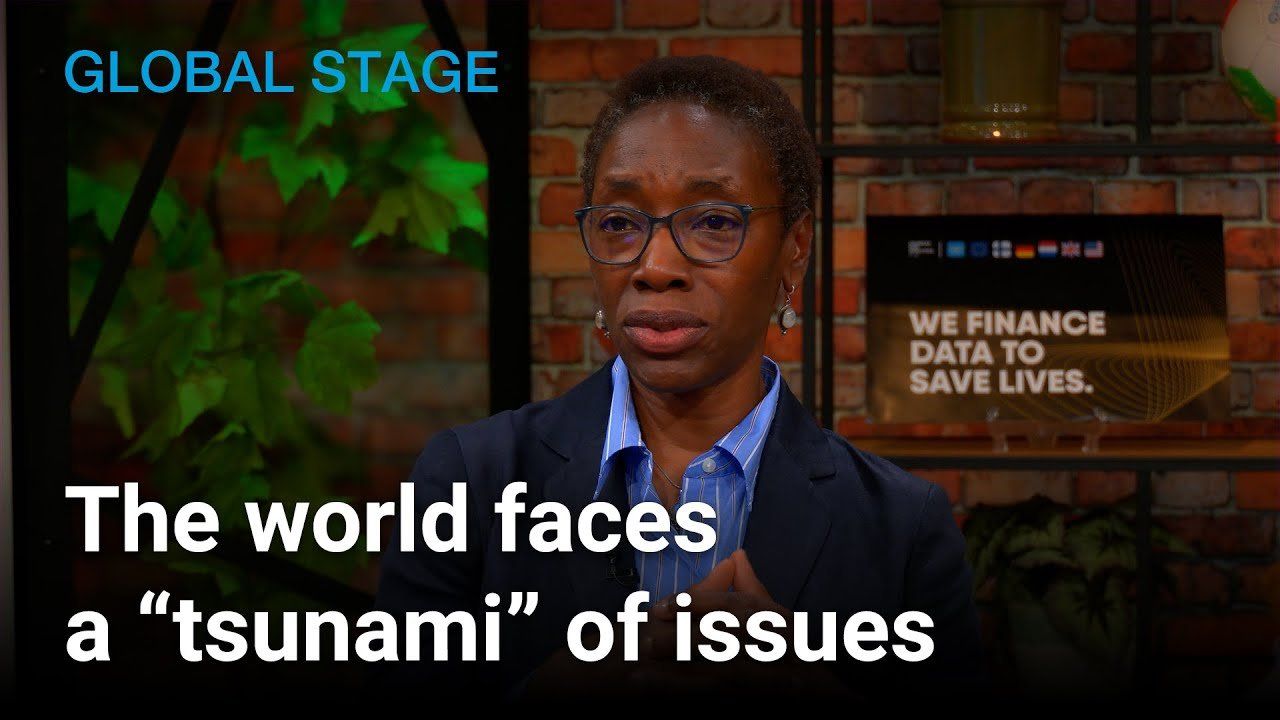Crisis Recovery
The state of multilateralism: Shaky, fragile & stretched to capacity

Shaky, fragile & stretched to capacity: The state of multilateralism | Global Stage | GZERO Media

Dr. Comfort Ero of the International Crisis Group has spent her career tackling the most difficult conflicts in the world, often exacerbated by severe environmental or social disasters. But as the climate crisis and war in Ukraine compound the forces pushing many fragile societies to the brink, she says multilateral institutions like the United Nations are not prepared to meet the challenge.
Faced with state collapse, food insecurity, and lack of governance, countries like Libya, Lebanon and Sri Lanka are not able to access the help they need to stabilize, build resilience and thrive.
“Countries are already facing difficult trend lines with a multilateral system that is shaky, that is fragile, that is already stretched to its capacity, not able to deal.” she said during a Global Stage livestream event at UN headquarters in New York on September 22, on the sidelines of the UN General Assembly.
The discussion was moderated by Nicholas Thompson of The Atlantic and was held by GZERO Media in collaboration with the United Nations, the Complex Risk Analytics Fund, and the Early Warnings for All initiative.
In this "ask ian," Ian Bremmer analyzes Trump’s recent meeting with Zelensky and how close (or far) Russia and Ukraine are from a peace deal.
Syrian President Ahmed al-Sharaa attends the military parade of the Syrian army in Umayyad Square in central Damascus to mark the one-year anniversary of the fall of the Assad regime, on Dec. 8, 2025.
A year ago this month, Syria’s brutal dictatorship collapsed. There are signs of recovery, but sectarian violence threatens to undermine the optimism.